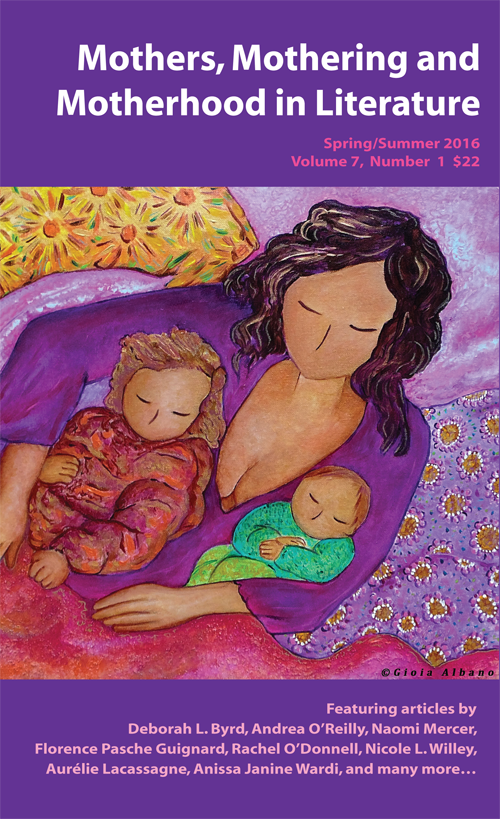Maternal Ecocriticism and the Ecology of Motherhood in Jean Toomer’s Cane
Abstract
In <em>Cane</em>, Jean Toomer illustrates that human corporeality is tethered to the material world, a concept that feminist theorist Stacy Alaimo, in Bodily Natures, refers to as “transcorporeality.” Human bodies are not inured to their environment but are affected by the flow and substances of matter in which they are surrounded. In this modernist text, the natural world is enmeshed with female bodies, both seemingly carrying the dna of the other. The assemblage of the agrarian South, African American women, and scenes of racial violence coalesce and construct a narrative of violated fertility and motherhood. The women of Cane are denied their motherhood because their bodies and being cannot be divorced from the trans-Atlantic trade route, plantation labour practices, and unsustainable logging of old-growth pine forests in post-Reconstruction Georgia. This article examines moments of transcorporeal exchange in <em>Cane</em> (i.e., felled pine trees and fetuses, and maternal bodies and cotton fields) and, in so doing, provides an ecocritical reading of mothering and material interconnectivity—a maternal ecocritical reading—of Toomer’s masterpiece of the Harlem Renaissance.Downloads
How to Cite
Issue
Section
License
All intellectual property in relation to material included on this site belongs to the Motherhood Initiative for Research and Community Involvement (MIRCI). All material on this site is protected by Canadian and international copyright and other intellectual property laws. Users may not do anything which interferes with or breaches those laws or the intellectual property rights in the material. All materials on the Motherhood Initiative for Research and Community Involvement (MIRCI) are copyrighted and all rights are reserved. Any reproduction, modification, publication, transmission, transfer, sale, distribution, display or exploitation of the information, in any form or by any means, or its storage in a retrieval system, whether in whole or in part, without the express written permission of the Motherhood Initiative for Research and Community Involvement (MIRCI) is prohibited. Please contact us for permission to reproduce any of our materials. This site may include third party content which is subject to that third party's terms and conditions of use.


